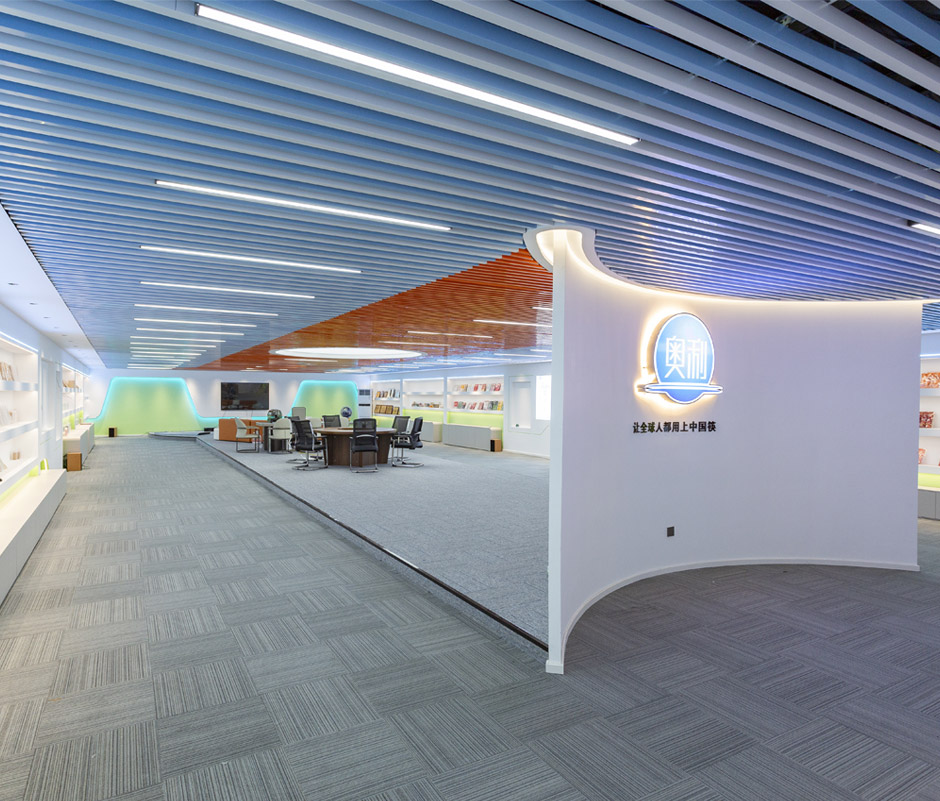In the modern quest for eco-friendly living, the humble tableware we choose plays a significant role...
READ MORE
-
-
Understanding the Appeal of Bamboo Tableware Bamboo tableware has surged in popularity as a cornerst...
READ MORE -
Why Choosing the Right disposable takeaway food tableware set Matters For restaurants, catering serv...
READ MORE -
Disposable chopsticks are a ubiquitous part of dining culture worldwide, especially associated with ...
READ MORE -
In today's fast-paced world, disposable chopsticks are a ubiquitous part of the dining experience, e...
READ MORE
Have the raw materials for producing biodegradable tableware been modified?
For example, the performance of the material has been improved by blending, cross-linking, filling and other methods.
Anji Aoli New Materials Technology Co., Ltd. has been deeply engaged in the research and development and production of catering supplies for many years, focusing on providing the market with a series of environmentally friendly catering solutions including disposable bamboo chopsticks, four-in-one meal bags, and packaging bags. The company adheres to the concept of "health, convenience, and environmental protection", constantly breaks through technical barriers, and has a number of patents, demonstrating its deep technical accumulation and independent innovation capabilities in the field of catering supplies.
In the selection of raw materials, Anji Aoli Company has a unique vision and selected bamboo and pine as the main raw materials for tableware. These two materials are not only widely available and grow rapidly, but also have little impact on the environment, which meets the requirements of sustainable development. More importantly, they themselves have good biodegradability and can effectively reduce the burden on the environment. However, pure natural materials are often difficult to meet the various performance indicators of tableware in actual use, such as strength, heat resistance, and waterproofness. To this end, Anji Aoli Company conducted in-depth research on raw material modification.
Application of modification treatment technology:
Blending modification: Anji Aoli Company has significantly improved the strength and heat resistance of tableware by blending bamboo fiber or pine fiber with other biodegradable polymers (such as PLA, PHA, etc.) and utilizing the complementary effect between different materials. This blending technology not only maintains the biodegradability of the raw materials, but also makes the tableware more durable during use and reduces the breakage rate.
Cross-linking modification: In order to enhance the structural stability and water resistance of the material, the company uses chemical or physical cross-linking methods to form more chemical bonds or physical entanglements between fiber molecules, thereby improving the moisture resistance and durability of the tableware. This modification technology ensures that the tableware can maintain good shape and performance even in a humid environment.
Filling modification: By adding an appropriate amount of inorganic or organic fillers (such as nanocellulose, starch microspheres, etc.), Anji Aoli Company further optimizes the mechanical properties of tableware while reducing production costs. These fillers can not only increase the hardness and stiffness of the material, but also adjust its degradation rate to a certain extent, making it more in line with actual application needs.
Similar to Anji Aoli, this professional biodegradable tableware manufacturer is also committed to solving the environmental pollution problems caused by traditional plastic tableware. The biodegradable tableware they launched uses natural biodegradable materials such as starch and cellulose as the main raw materials. It is not only widely available and renewable, but also has excellent biocompatibility and degradability. On this basis, the manufacturer also adopted a variety of modification technologies to further improve the comprehensive performance of the product.
Highlights of modification treatment technology:
Blending modification: By precisely controlling the proportion of different biodegradable polymers, the manufacturer has successfully developed a series of composite materials with excellent physical properties and processing properties. These materials not only maintain good biodegradability, but also significantly improve the toughness and heat resistance of tableware, making it suitable for more diverse catering scenarios.
Cross-linking and filling synergy: On the basis of cross-linking modification, the manufacturer also cleverly combines filling technology and uses specific fillers (such as bio-based nanoparticles) to enhance the mechanical properties and barrier properties of the material. This synergistic modification strategy not only improves the overall quality of the tableware, but also promotes the rapid degradation of the material, further reducing environmental pressure.





